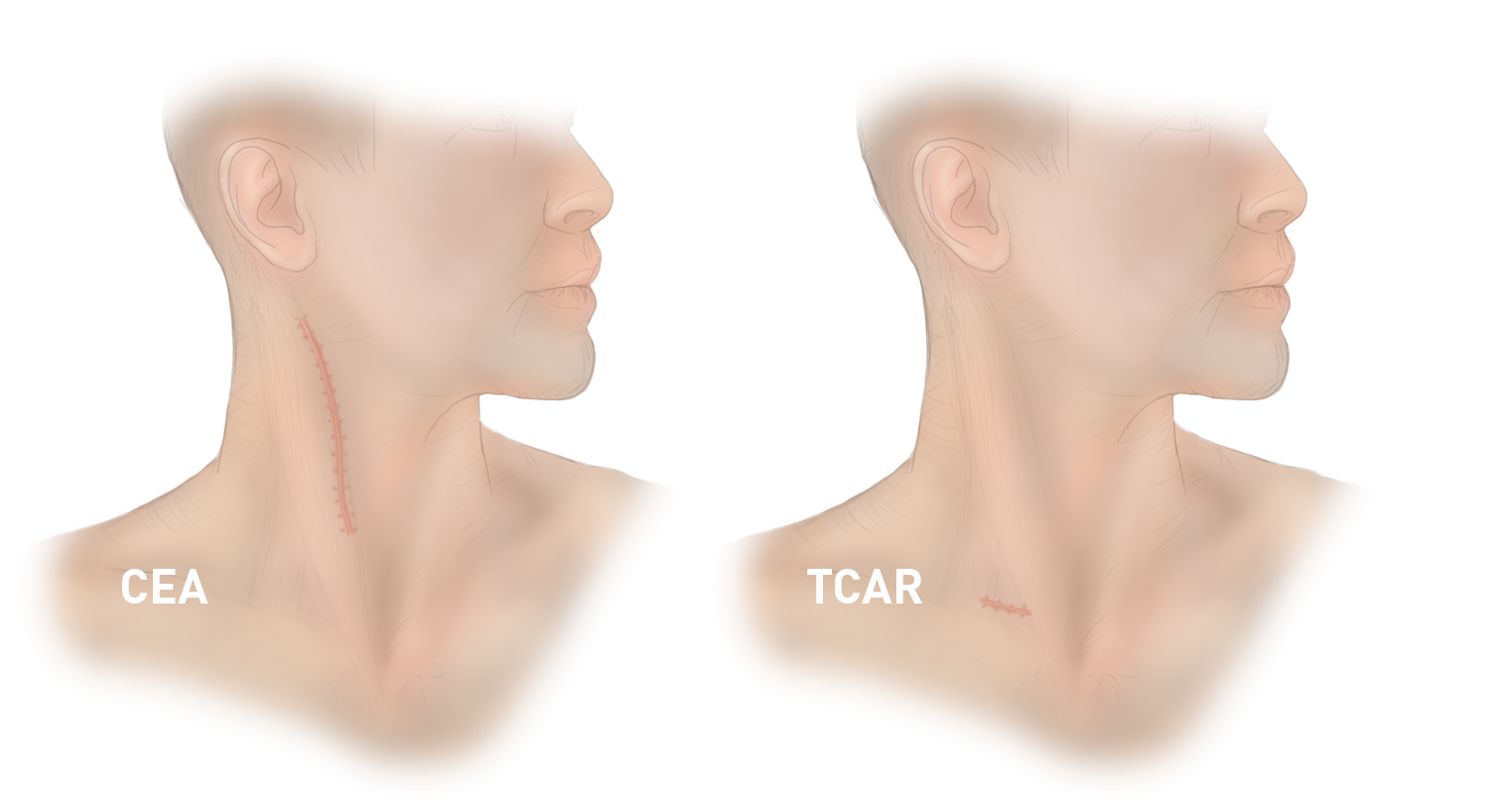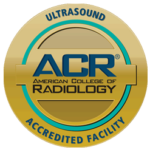TransCarotid Artery Surgery (TCAR)
Our very own Dr. Maniscalco is spearheading a new technique for TransCarotid Artery Surgery (TCAR) at Memorial today. This new method, has been clinically proven as a less-invasive alternative to carotid endarterectomy, a traditional open surgery performed to treat carotid artery disease.

What’s unique about TCAR?
TCAR temporarily reverses the blood flow during the procedure, so that any small bits of plaque that may break off during the procedure are diverted away from the brain, preventing a stroke from happening. A stent is then placed inside the artery to stabilize the plaque, minimizing the risk of a future stroke.
How is TCAR better for you?
TCAR has a very low procedural stroke rate. It is also less invasive than open surgery, so there’s less chance for surgical complications like heart attacks, infection and nerve injury. TCAR patients also recover quickly and almost always go home the next day with less pain and smaller scars.
What Happens During a TCAR Procedure?
A small incision is made at the base of the neck, just above the collarbone. A puncture is made into the carotid artery and a small tube is placed inside the artery, which is connected to the system that temporarily directs blood flow away from the brain and captures any dangerous debris that dislodges from the artery. The blood is then filtered and returned to a vein through a second tube placed in the groin. While the brain is protected during this temporary flow reversal, a stent is placed in the carotid artery to stabilize the plaque and is intended to help prevent against future stroke. The blood flow is then returned to normal and the system is removed.
The entire procedure usually takes less than an hour. Patients can be either asleep or awake during the TCAR procedure and patients are typically held overnight for observation.




